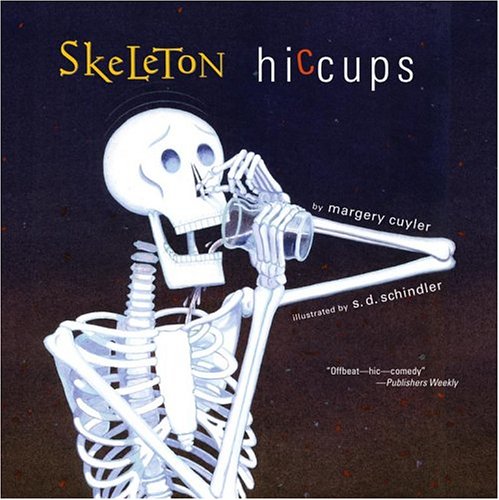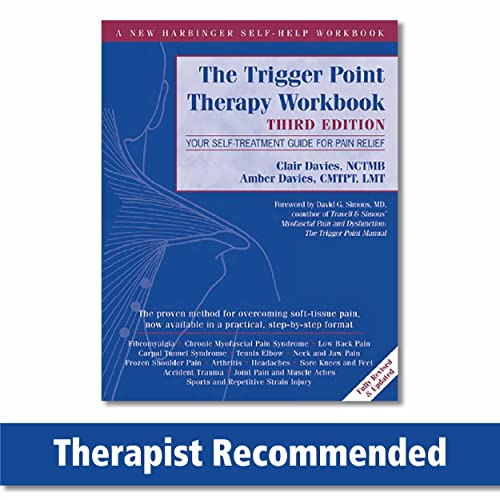-Titulo Original : Draft No. 4 On The Writing Process
-Fabricante :
Farrar, Straus And Giroux
-Descripcion Original:
About the Author John McPhee was born in Princeton, New Jersey, and was educated at Princeton University and Cambridge University. His writing career began at Time magazine and led to his long association with The New Yorker, where he has been a staff writer since 1965. Also in 1965, he published his first book, A Sense of Where You Are, with Farrar, Straus and Giroux, and in the years since, he has written over 30 books, including Oranges (1967), Coming into the Country (1977), The Control of Nature (1989), The Founding Fish (2002), Uncommon Carriers (2007), and Silk Parachute (2011). Encounters with the Archdruid (1972) and The Curve of Binding Energy (1974) were nominated for National Book Awards in the category of science. McPhee received the Award in Literature from the Academy of Arts and Letters in 1977. In 1999, he was awarded the Pulitzer Prize for Annals of the Former World. He lives in Princeton, New Jersey. The long-awaited guide to writing long-form nonfiction by the legendary author and teacherDraft No. 4 is a master class on the writer’s craft. In a series of playful, expertly wrought essays, John McPhee shares insights he has gathered over his career and has refined while teaching at Princeton University, where he has nurtured some of the most esteemed writers of recent decades. McPhee offers definitive guidance in the decisions regarding arrangement, diction, and tone that shape nonfiction pieces, and he presents extracts from his work, subjecting them to wry scrutiny. In one essay, he considers the delicate art of getting sources to tell you what they might not otherwise reveal. In another, he discusses how to use flashback to place a bear encounter in a travel narrative while observing that “readers are not supposed to notice the structure. It is meant to be about as visible as someone’s bones.” The result is a vivid depiction of the writing process, from reporting to drafting to revising and revising, and revising.Draft No. 4 is enriched by multiple diagrams and by personal anecdotes and charming reflections on the life of a writer. McPhee describes his enduring relationships with The New Yorker and Farrar, Straus and Giroux, and recalls his early years at Time magazine. Throughout, Draft No. 4 is enlivened by his keen sense of writing as a way of being in the world. Review John McPhee is the recipient of the 2017 Ivan Sandrof Lifetime Achievement AwardFollowers of John McPhee, perhaps the most revered nonfiction narrative journalist of our time, will luxuriate in the ship-shape prose of Draft No. 4 . . . Delightful . . . Interspersed with observations every writer should remember . . . The last three chapters will be assigned and reassigned by grateful writing teachers . . . I savored every word Corby Kummer, New York Times Book Review[Draft No. 4]s combination of shop talk, war stories, slices of autobiography, and priceless insights and lessons suggests what it must be like to occupy a seat in the McPhee classroom . . . McPhees observations about writing are always invigorating to engage with. And Draft No. 4 belongs on the short shelf of essential books about the craft. Ben Yagoda, The Wall Street JournalA sunny tribute to the gloomy side of the writing life . . . Its McPhee on McPhee; commentary on his greatest hits, a little backstory, a little affectionate gossip . . . His advice is in the service of making the text as sturdy, useful and beautiful as possible. Its an intimate book and intimacy is rare in McPhees work . . . For most of his career, McPhee has written reverently about . . . methodical, somewhat solitary men (mostly) who work with their hands and take quiet pride in their work. Parul Sehgal, The New York TimesA book that any writer, aspiring or accomplished, could profitably read, study and argue with . . . For over half a century, John McPhee now 86 has been writing profiles of scientists, eccentrics and specialists of every s
-Fabricante :
Farrar, Straus And Giroux
-Descripcion Original:
About the Author John McPhee was born in Princeton, New Jersey, and was educated at Princeton University and Cambridge University. His writing career began at Time magazine and led to his long association with The New Yorker, where he has been a staff writer since 1965. Also in 1965, he published his first book, A Sense of Where You Are, with Farrar, Straus and Giroux, and in the years since, he has written over 30 books, including Oranges (1967), Coming into the Country (1977), The Control of Nature (1989), The Founding Fish (2002), Uncommon Carriers (2007), and Silk Parachute (2011). Encounters with the Archdruid (1972) and The Curve of Binding Energy (1974) were nominated for National Book Awards in the category of science. McPhee received the Award in Literature from the Academy of Arts and Letters in 1977. In 1999, he was awarded the Pulitzer Prize for Annals of the Former World. He lives in Princeton, New Jersey. The long-awaited guide to writing long-form nonfiction by the legendary author and teacherDraft No. 4 is a master class on the writer’s craft. In a series of playful, expertly wrought essays, John McPhee shares insights he has gathered over his career and has refined while teaching at Princeton University, where he has nurtured some of the most esteemed writers of recent decades. McPhee offers definitive guidance in the decisions regarding arrangement, diction, and tone that shape nonfiction pieces, and he presents extracts from his work, subjecting them to wry scrutiny. In one essay, he considers the delicate art of getting sources to tell you what they might not otherwise reveal. In another, he discusses how to use flashback to place a bear encounter in a travel narrative while observing that “readers are not supposed to notice the structure. It is meant to be about as visible as someone’s bones.” The result is a vivid depiction of the writing process, from reporting to drafting to revising and revising, and revising.Draft No. 4 is enriched by multiple diagrams and by personal anecdotes and charming reflections on the life of a writer. McPhee describes his enduring relationships with The New Yorker and Farrar, Straus and Giroux, and recalls his early years at Time magazine. Throughout, Draft No. 4 is enlivened by his keen sense of writing as a way of being in the world. Review John McPhee is the recipient of the 2017 Ivan Sandrof Lifetime Achievement AwardFollowers of John McPhee, perhaps the most revered nonfiction narrative journalist of our time, will luxuriate in the ship-shape prose of Draft No. 4 . . . Delightful . . . Interspersed with observations every writer should remember . . . The last three chapters will be assigned and reassigned by grateful writing teachers . . . I savored every word Corby Kummer, New York Times Book Review[Draft No. 4]s combination of shop talk, war stories, slices of autobiography, and priceless insights and lessons suggests what it must be like to occupy a seat in the McPhee classroom . . . McPhees observations about writing are always invigorating to engage with. And Draft No. 4 belongs on the short shelf of essential books about the craft. Ben Yagoda, The Wall Street JournalA sunny tribute to the gloomy side of the writing life . . . Its McPhee on McPhee; commentary on his greatest hits, a little backstory, a little affectionate gossip . . . His advice is in the service of making the text as sturdy, useful and beautiful as possible. Its an intimate book and intimacy is rare in McPhees work . . . For most of his career, McPhee has written reverently about . . . methodical, somewhat solitary men (mostly) who work with their hands and take quiet pride in their work. Parul Sehgal, The New York TimesA book that any writer, aspiring or accomplished, could profitably read, study and argue with . . . For over half a century, John McPhee now 86 has been writing profiles of scientists, eccentrics and specialists of every s

























